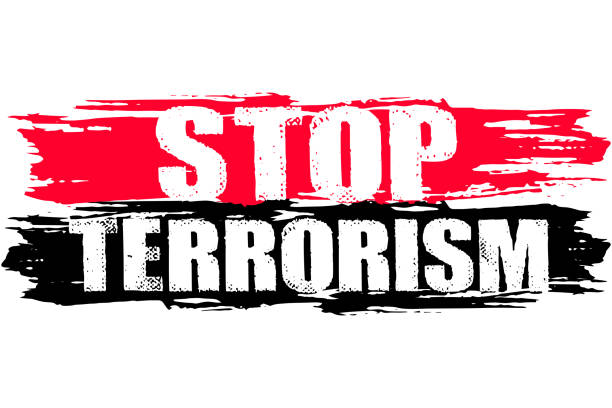JOINT COMBATING OF TERRORISM FOR THE PROTECTION OF PUBLIC SECURITY
In 2001, a UN Security Council Resolution was adopted that required member states to cooperate with international organizations in this area. According to the UN Resolution and Resolution №1373, the countries of the world should cooperate with each other in combating terrorism at the level of cybercriminal organizations, money transfers, drug trafficking, arms trafficking and other areas of transnational crime. In 2001-2002, the US and its allies established the International Security Assistance Force (ISAF) under UN Security Council Resolution 1386 and launched a counter-terrorism operation in Afghanistan.
As for the establishment of permanent anti-terrorist institutions on the basis of UN resolutions and UN Security Council resolutions, in 2001 the countries of the post-Soviet region created a rapid response force against terrorism comprising Kazakhstan, Tajikistan, Russia and Kyrgyzstan.
In the 2000 year, the terrorist movement expanded beyond Islamic and post-Soviet countries and threatened Western countries as well. Terrorist international groups such as “Al-Qoida”, “Hizb ut-Tahrir” and other extremist and terrorist movements directed their operations against countries in Europe and the United States. One of the most terrible terrorist acts of this period occurred in the cities of New York, Washington and Pennsylvania, USA on September 11, 2001, as a result of airplane bombing by terrorists more than 2996 people were killed and 6300 citizens of this country suffered. After these events, on September 28, 2001, the UN adopted Resolution №1368, in which the phenomenon of terrorism was recognized as an international threat requiring joint action by states. The Republic of Tajikistan also plays a major role in the fight against terrorism, as it is located directly on the border of the fight against this process. The anti-terrorist rapid reaction forces of the Republic of Tajikistan demonstrate good military skills in regional exercises and are actively involved in the protection of the State border.
In October 2002, a Collective Security Treaty was concluded between Russia, Belarus, Kyrgyzstan, Armenia, Kazakhstan and Tajikistan, which became known as the Collective Security Treaty Organization (CSTO). The purpose of this organization was to ensure peace, security and protection of the territories of its member states from terrorist threats. In 2004, in order to strengthen the fight against extremism and terrorism in the CIS countries, a Regional Anti-Terrorist Organization was established, which, among other areas, included the identification of terrorist cells in Central Asia.
In 2004, the member States of the Shanghai Cooperation Organization (SCO) signed a number of documents and agreements, including the Convention on Combating Terrorism, Separatism and Extremism, the Agreement on the Establishment of a Regional Anti-Terrorist Structure, and the Agreement on Cooperation in Combating Illicit Trafficking in Narcotic Drugs, Psychotropic Substances and Precursors. In 2005, the member States of the Shanghai Organization approved a concept of cooperation in combating extremism and terrorism. The SCO member states also adopted an agreement on joint operations to eliminate terrorist groups.
In 2009, at the initiative of the Republic of Tajikistan, was established “Chorgonai Dushanbe”, which included Tajikistan, Russia, Afghanistan and Pakistan. At the meeting of the heads of these states in 2009 in the city of Dushanbe, security issues of the region were discussed, and the main task of this organization was defined as the fight against terrorism and extremism. In 2011-2014, the states of the region carried out certain activities in the direction of cooperation in combating terrorist crimes, as a result of which the level of such crimes decreased. Among them, such new forms of combating extremism were implemented as an example of creating unified information centers, information security and creation of a unified search system.
AMONOVA S.B. - Associate professor of the department of sociology
Translated Ismoilov R.

